In this interview, KC Holiday shares his journey from being a restaurant worker to co-founding Qalo, a business that sold over $100 million worth of silicone wedding rings. This story is one of resilience, partnership, and a relentless drive to solve a unique problem faced by millions of married couples. What started as a seemingly crazy idea ended up revolutionizing the wedding ring industry.
In this blog, we break down KC’s story, from his early days to the moment Qalo exploded in popularity, and the lessons every entrepreneur can learn from his experience.
Website: https://qalo.com/
KC Holiday X (social): https://x.com/itskcholiday
KC Holiday Instagram (social): @itskcholiday
Qalo X (social): https://x.com/qaloring
Qalo Instagram (social): @qalo
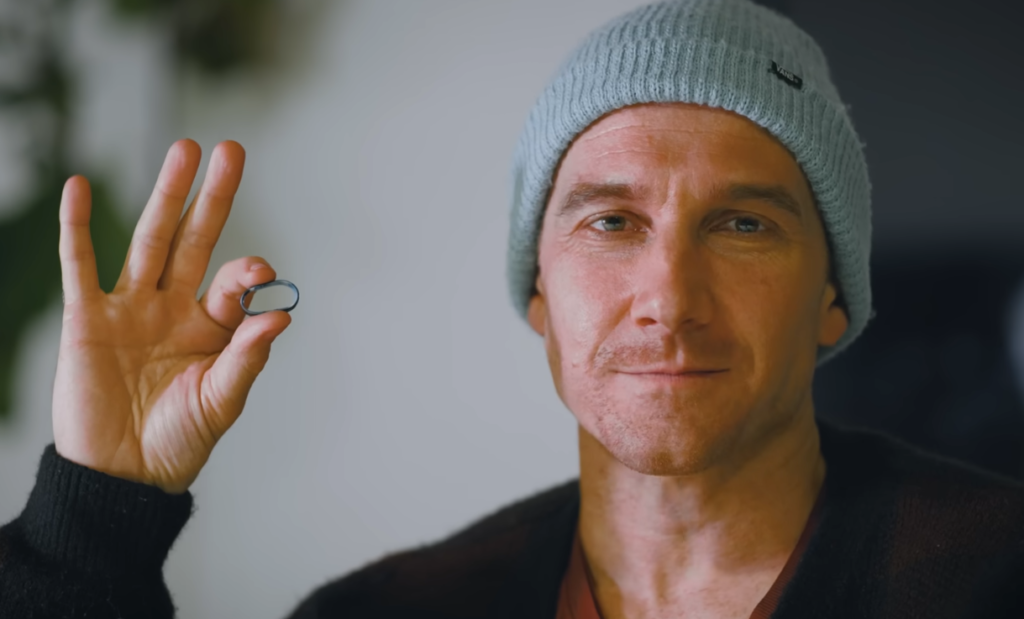
1. The Humble Beginnings: A Life-Changing Decision
Like many people, KC didn’t start his career in business. In fact, he avoided checking his bank account to steer clear of the financial anxiety that haunted him. Working as a waiter at a restaurant in Beverly Hills, he never envisioned himself as an entrepreneur.
Everything changed when KC and his wife decided to take a massive risk. They emptied their savings account and moved in with his mom. KC also quit his restaurant job to focus entirely on the business idea he had been developing with his co-founder, Ted. With no business experience and minimal funds, they embarked on the journey of a lifetime.
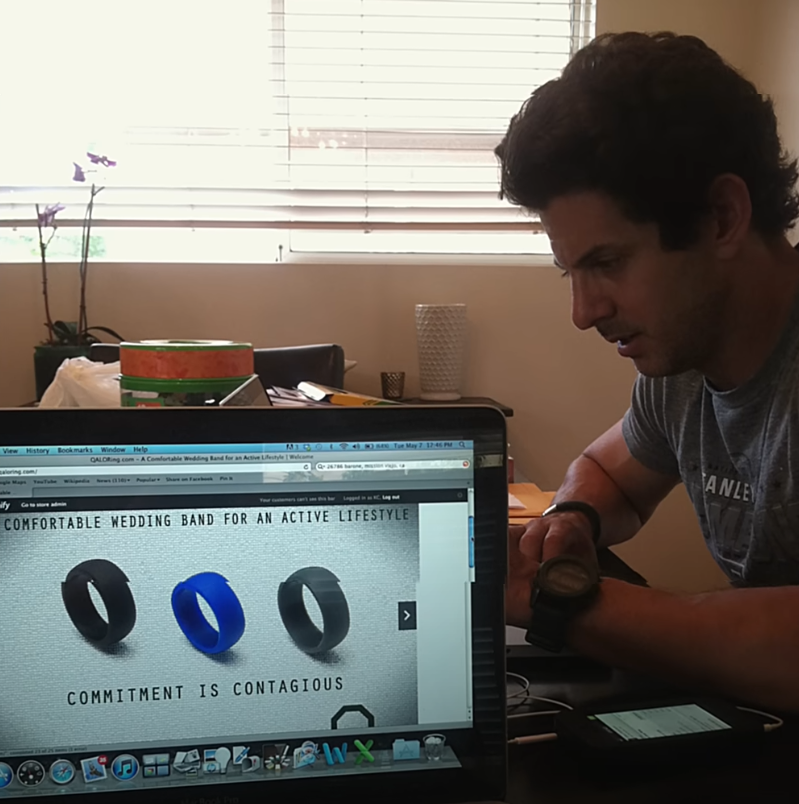
Key Takeaway:
Sometimes, making a life-changing decision requires stepping outside of your comfort zone and taking risks. KC took the leap, and though the start was rough, it eventually paid off in ways he could never have imagined.
2. Finding the Problem: The Spark for Qalo’s Success
The idea for Qalo came during an everyday conversation between KC and Ted, who were both recently married. They discussed the inconvenience of traditional wedding rings, which were uncomfortable and impractical for active lifestyles.
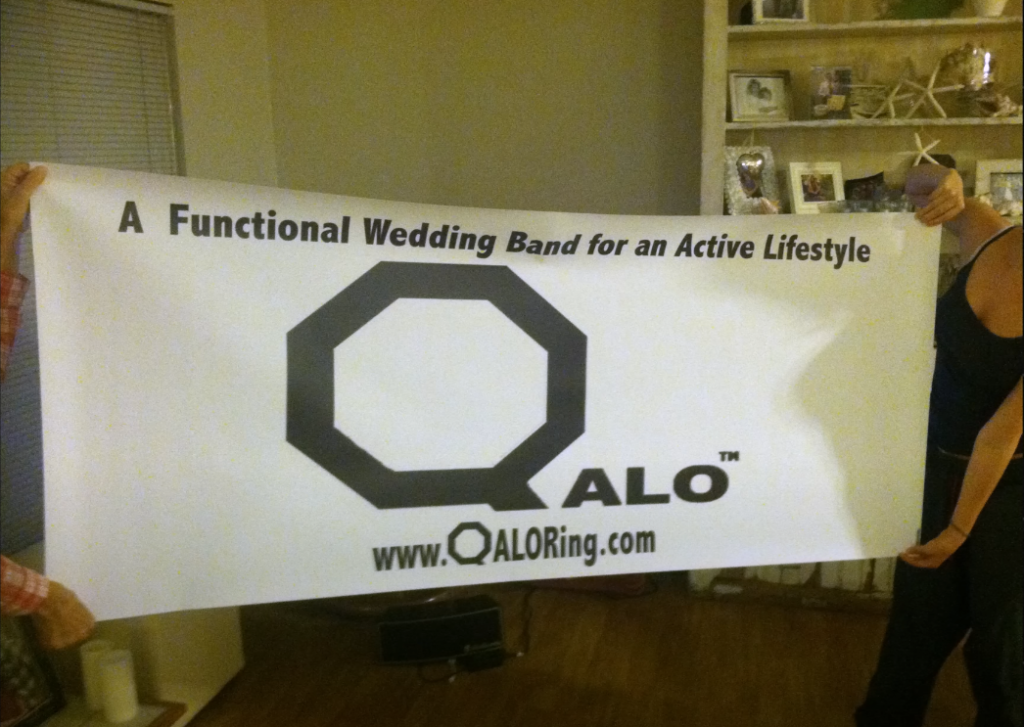
KC realized that this was a universal problem: people don’t wear expensive jewelry during physical activities for fear of damaging or losing it. “You don’t wear a Rolex to the gym,” KC reflected, which sparked an idea: what if they made affordable, durable wedding rings that people could wear everywhere, especially during workouts?
They searched for existing products, but none were available. That’s when KC and Ted decided to create their own solution—a silicone wedding ring.
Key Takeaway:
Successful businesses often arise from solving a personal problem. KC and Ted identified a gap in the market, one that they personally experienced, and sought to fill it.
3. Starting Small: Bootstrap Mentality and Early Struggles
Although the idea was solid, KC and Ted faced multiple challenges. First, they had no manufacturing knowledge, so they relied on a friend’s connection with a local manufacturer to create their first batch of silicone rings. Unfortunately, the initial inventory was a disaster—the rings were unsellable due to poor quality.
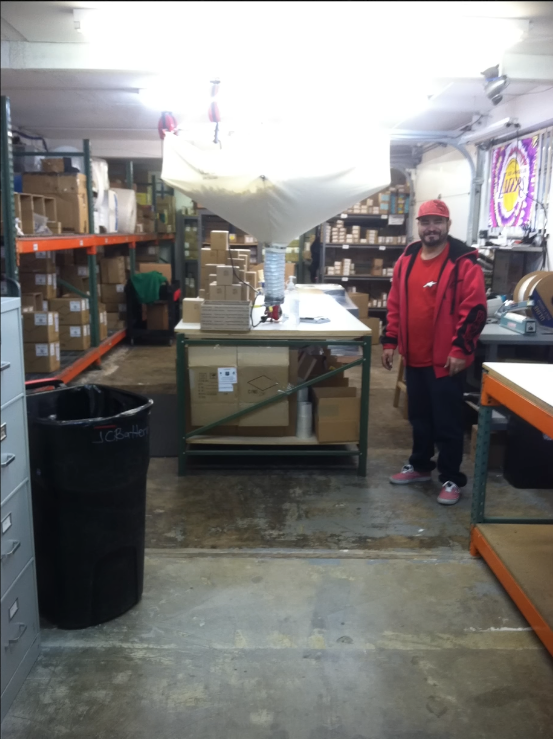
Faced with the possibility of their dream crumbling before it even began, KC improvised. He found a pair of eyebrow scissors and meticulously hand-trimmed the rings to make them sellable. For months, KC and his wife spent their days and nights trimming tens of thousands of rings, while binge-watching TV shows like Lost.
Despite all the personal and financial difficulties, they persevered. They knew they had a product worth selling, but just needed to get it into customers’ hands.
Key Takeaway:
Persistence and resourcefulness can get you through the most difficult times. Even when things go wrong, having the determination to make your product work—even if it means manually trimming rings with eyebrow scissors—can set you apart.
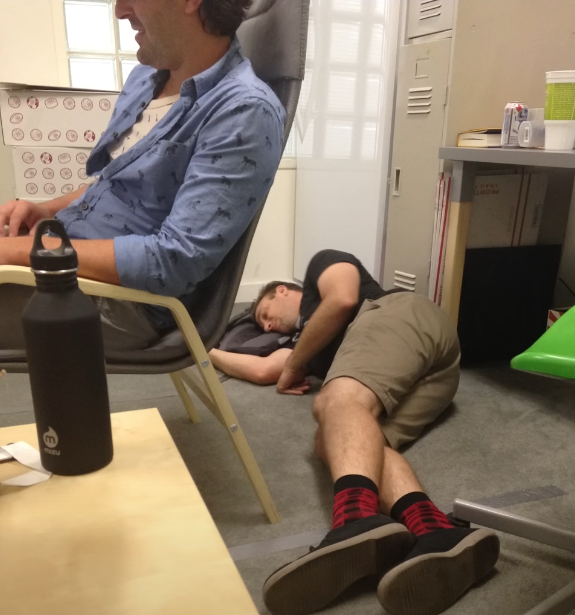
4. The Website Launch: Reality Check
After months of preparing the product, KC and Ted finally launched their website. They were confident that once the site went live, customers would flood in. However, the reality was disappointing: nobody visited the site, and nobody bought the product.
This was a critical moment for Qalo. Many entrepreneurs might have given up at this stage, but KC didn’t let the initial failure stop him. Instead, he adopted a new strategy—email marketing.
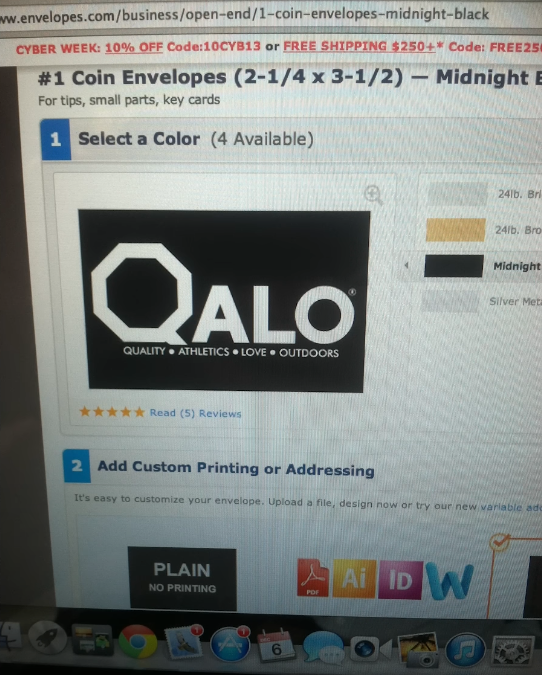
Key Takeaway:
Initial setbacks are part of every entrepreneurial journey. When things don’t go as planned, it’s crucial to pivot and try different approaches. KC’s realization that emailing is free changed the game for Qalo.
5. A Lucky Break: The Power of Influencers
With no marketing budget, KC turned to a creative solution: influencer outreach. This was before the age of Instagram influencers, so KC thought about people who had influence in their communities.
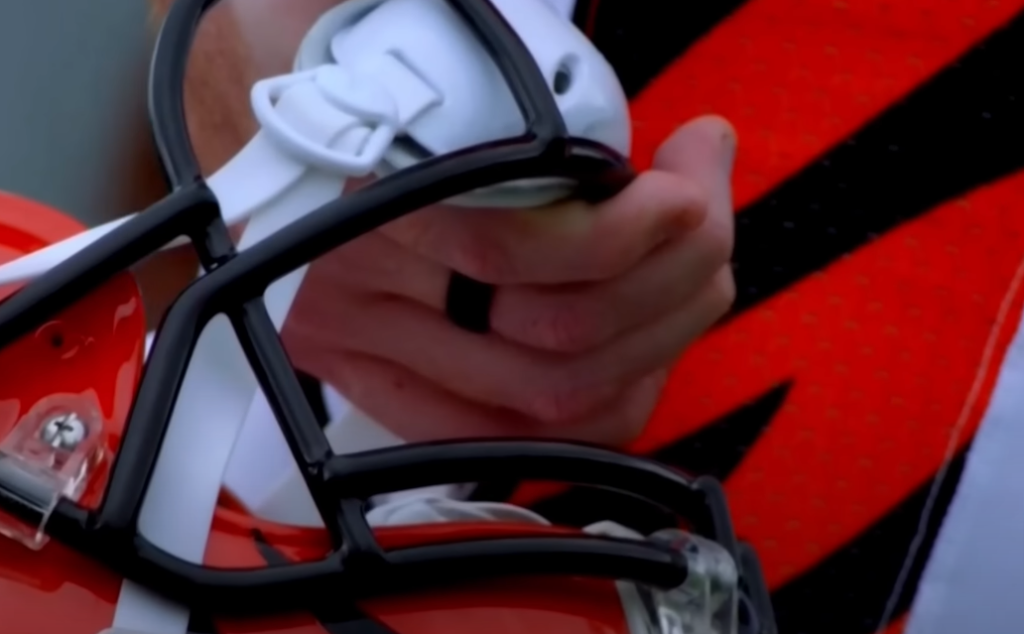
One person came to mind: Andy Dalton, quarterback for the Cincinnati Bengals, and a former college friend’s husband. KC reached out to Andy’s wife and offered to send him a silicone ring as a gift. To his surprise, Andy agreed. A few months later, on the show Hard Knocks, Andy Dalton was seen talking about his silicone wedding ring, exactly as KC had hoped.
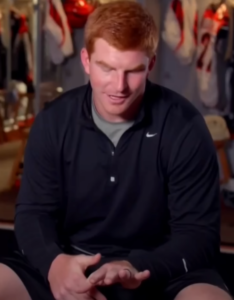
This moment was a turning point for Qalo. The exposure led to a massive surge in sales, validating that there was indeed a market for the product.
Key Takeaway:
Sometimes all it takes is one lucky break. Reaching out to influential people—even on a personal level—can lead to incredible opportunities. Leveraging existing relationships helped KC take Qalo from unknown to mainstream.
6. Scaling the Business: From Side Hustle to Full-Time
With growing sales and positive feedback from customers, KC realized that Qalo had outgrown the confines of his mom’s house. It was no longer just a side project; it was becoming a full-fledged business.
He made a pivotal decision: to quit his restaurant job and go all in on Qalo. This was a huge risk, especially given that they were still figuring out how to market the product and scale the business.
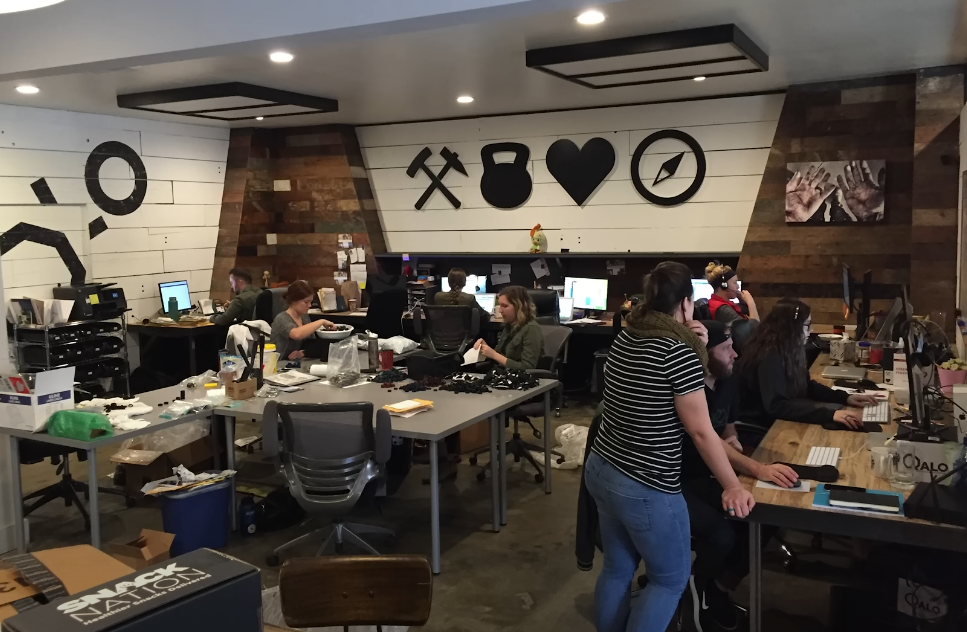
Over the next few years, Qalo grew rapidly. The team expanded from two to 13 employees, operating out of a small office. Every decision KC made, from hiring staff to finding the right systems, was focused on growing the company in a sustainable way.
Key Takeaway:
When you reach an inflection point in your business, you have to decide whether to go all in. KC’s decision to quit his job was a turning point that enabled Qalo to grow beyond a side hustle.
7. Building a Culture of Innovation and Customer Obsession
As Qalo scaled, KC and Ted emphasized the importance of knowing their customers better than anyone else. They built their business around customer feedback, constantly improving the product based on what people wanted.
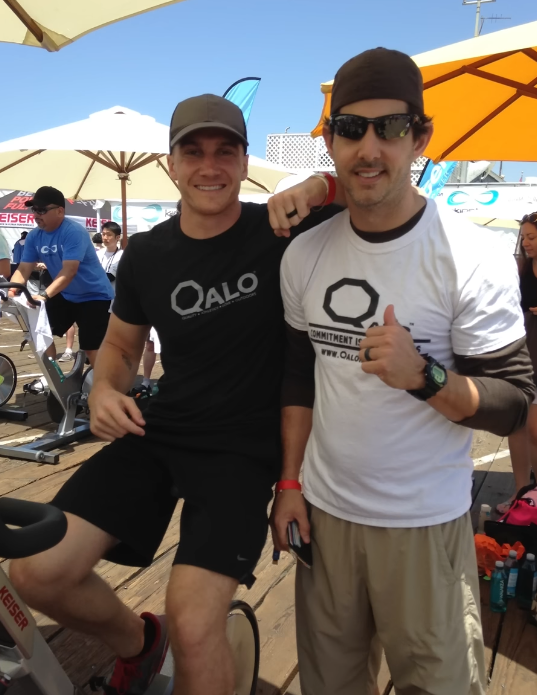
Moreover, they recognized that they were the first movers in their industry. KC knew that if they didn’t move fast, someone else would beat them to it. This sense of urgency drove them to constantly innovate, whether in product design or customer experience.
Key Takeaway:
Speed and customer obsession are key to staying ahead of competitors. Qalo’s success came from listening to their customers and adapting quickly to changing needs.
8. Lessons for Entrepreneurs: What You Can Learn from KC Holiday’s Story
Start with a Problem: Qalo was built on the simple idea of solving a specific problem. Before you start a business, think about the problem you’re solving and how your product can be the solution.
Resourcefulness Matters: When you lack resources, creativity and persistence can keep your business alive. From hand-trimming rings to leveraging personal connections, KC and Ted found ways to overcome every obstacle.
Learn from Others: KC emphasized learning from people who know more than you do. Whether it’s seeking advice from experienced entrepreneurs or getting customer feedback, there’s always something to learn.
Build a Great Team: A strong team is essential for scaling a business. KC attributes much of Qalo’s success to the people who worked alongside him, helping to build the company’s culture and systems.

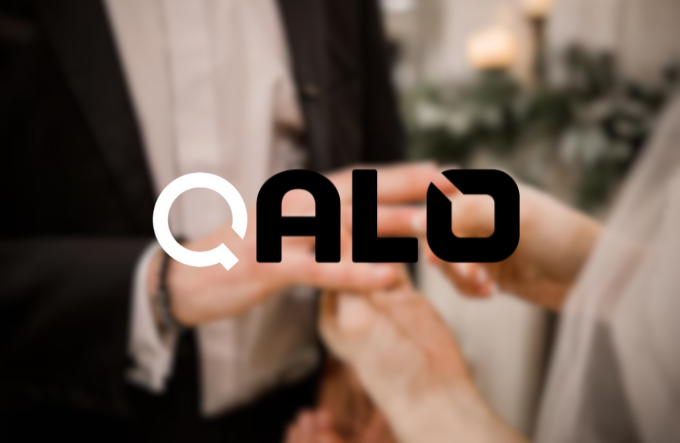
Leave a Reply